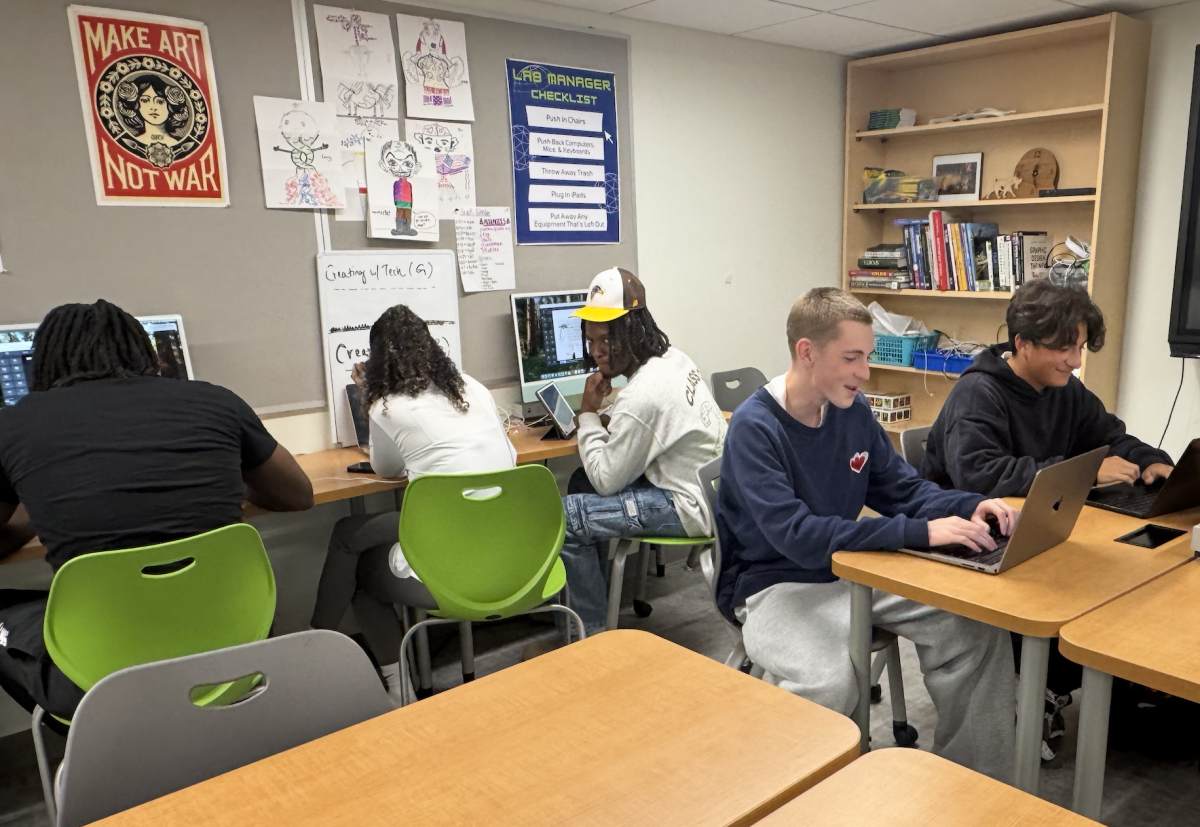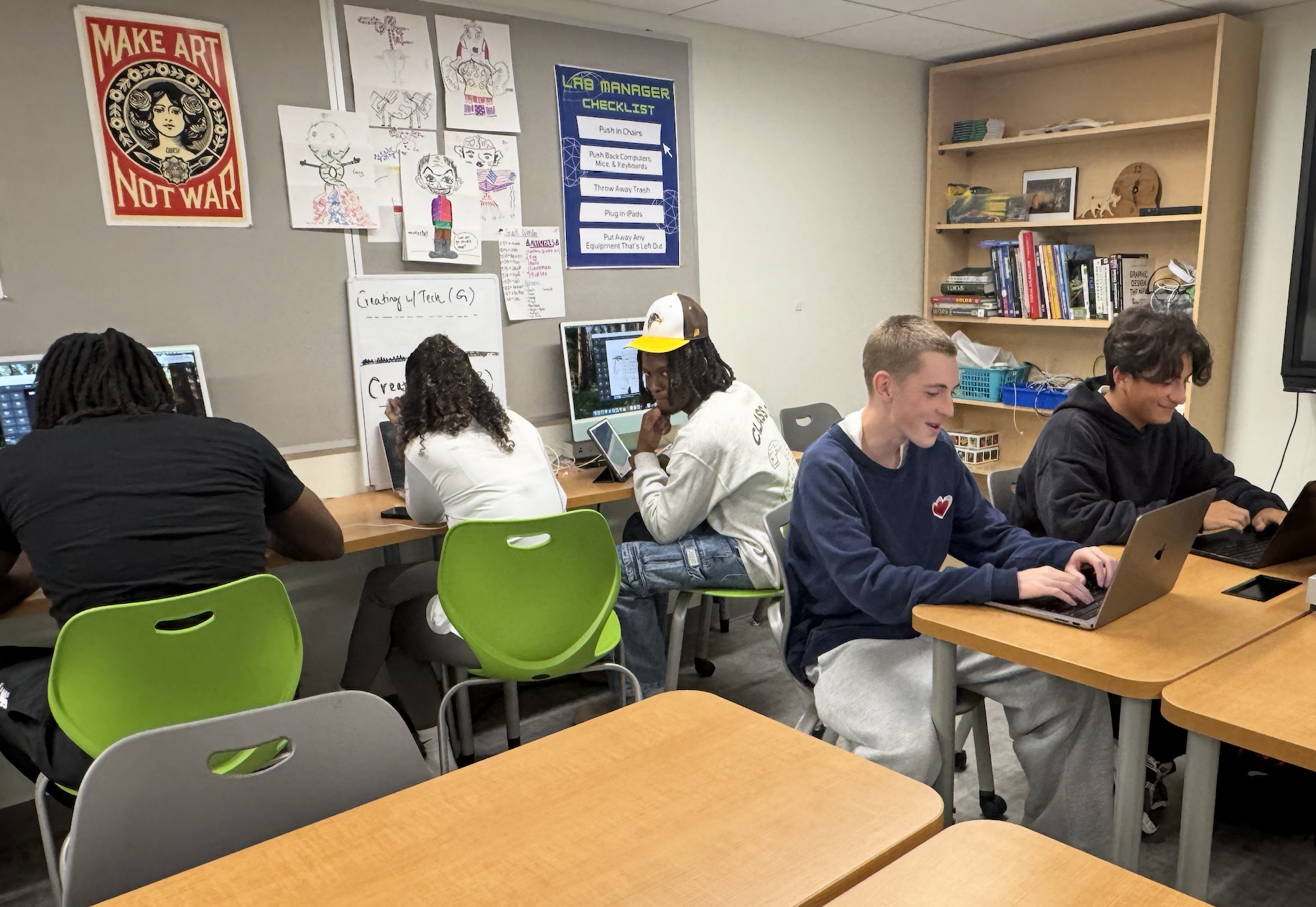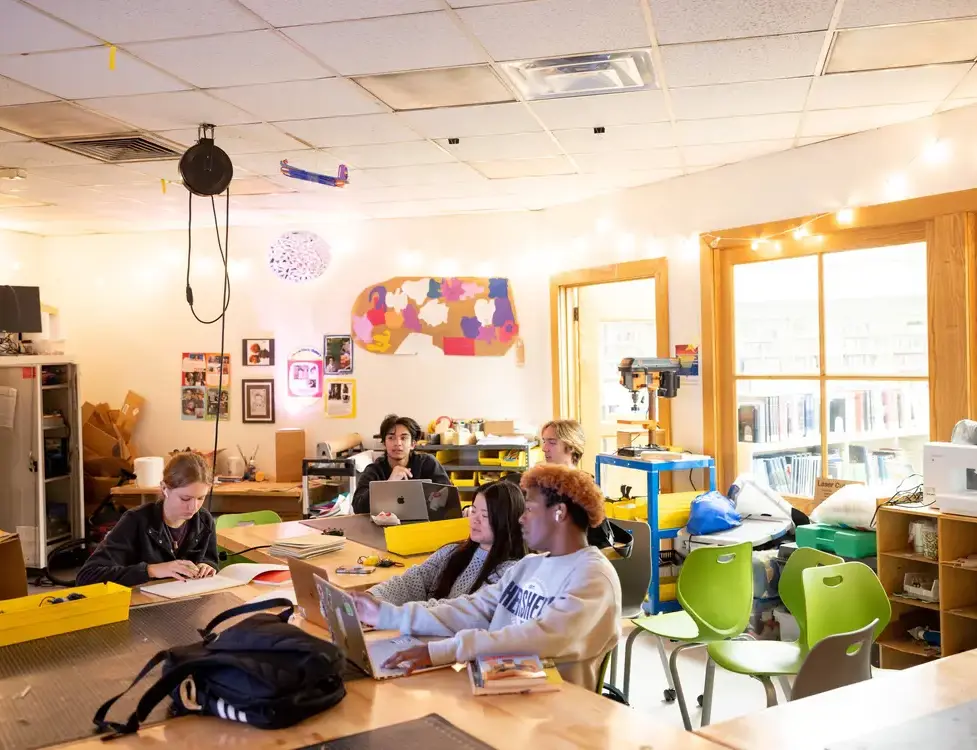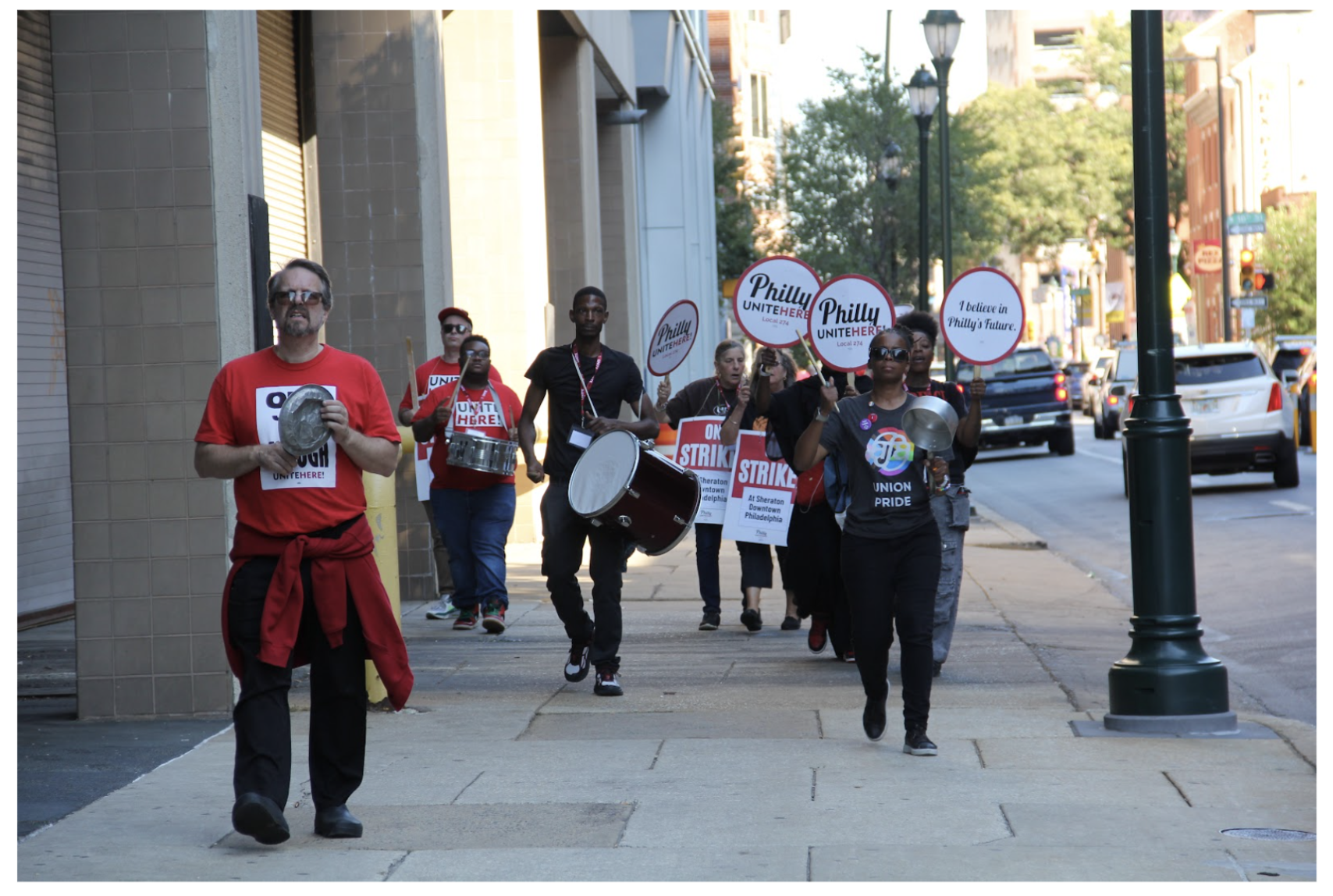Student Concern over School Strike for Climate
March 19, 2019
At 12:00pm on Friday, March 15, a sizable portion of Friends Select School’s upper school community walked out of our front door with no plans to return until the Monday morning. Of course, that was not without reason. Like thousands of fellow students across the globe, Friends Select students participated in the “School Strike for Climate,” a worldwide protest which aimed to gain control over policies concerning the future for global youth. While there was overwhelming evidence for climate change, rising global temperatures, and rising sea levels, not all students planned to participate in the walkout. Two important reasons students cited as reasons to abstain were comparisons to last year’s walkout for gun control and questions over whether or not the school had anything to do with the issue. We, as a student body, were only days away from making a decision as to whether or not to participate. What did we choose, and why?
While speaking to students Angelica Scotto (‘19), Max Vlam (‘19), and Victor Pan (‘19), it was made clear how many Friends Select Students thought when it came to the issue of climate change. A question of its existence was met with confusion not because it didn’t have a definite answer, but because students were puzzled as to how one could not believe in climate change. These students, as they will tell you, are backed by significant scientific evidence. According to NASA, the earth continues to reach new peaks in Carbon Dioxide levels in our atmosphere, an uptick which directly corresponds with a rise in human manufacturing and industrialism. In 1950, CO2 levels passed 300 parts per million, a statistic that measures the level of CO2 in the atmosphere, in the Earth’s modern history. This rise in production, which leads to higher CO2 levels, is often cited as a major reason for other changes in our climate; our temperatures and sea levels are higher than ever, while our ice caps have never occupied less space in the arctic. For this reason, students feel a need to protest now, before it’s too late. Many young people fear that humanity will reach an environmental “tipping point,” or a point at which we cannot reverse climate change. Students feel like adults who will not be around to feel the effects are making decisions that will negatively impact current and future students. According to Olivia Maltz (‘20), we, as humans, only have twelve years before our damage to the climate is irreversible.
The protestation of global climate change is not a new phenomenon. Although this is the first major action taken by students to visibly protest global warming, environmentalists have been voicing their concern for decades. The most notable early sign of climate change is Earth Day, which was created to raise environmental awareness in 1970. More recently, the People’s March for Climate Change took place in many locations worldwide in both 2014 and 2017. At Friends Select specifically, students have practiced environmental awareness with trash reduction projects in Christa Quint’s sixth grade science class.
While Friday’s walkout protest against climate change will be the first climate protest at Friends Select, a walkout protest is not unprecedented. Annie Rupertus (‘21) and Hannah Dubb (‘21), participants in last year’s gun violence walkout, held a positive opinion of that event. As Annie said, “I thought it was cool how it was just a bunch of students who got together to do something for change.” Hannah nodded in agreement. Jeremy Cohen (‘21) did not remember the gun violence protest so fondly. After being “enveloped” by a large crowd, Jeremy said that he “was separated from the group, and did not know where (the students) were going. I felt like it was not organized very well.” All three said they do not believe this year’s walkout will go so smoothly. “I feel like the administration is not as on top of the protest. It’s weird because it feels more global and more small scale at the same time,” said Hannah. Annie added that she thought “Last year, people were more involved with the protest after the Parkland shooting, whereas I don’t predict there’ll be as much motivation behind the walkout this year.”
Students also raised concerns about the level to which the school was involved with climate change in relation to last year’s gun violence protests. Julie Pozzulo (‘19) and senior class president John Larkin (‘19) both voiced confusion as to why students are protesting the school, rather than the government or our general culture. In a later interview, Ian Lamont (‘22) agreed. Whereas last year, students were protesting the school system, this year, the school was not the target of the protest. For this reason, Ian said, “It seems like it might be better as a march on Saturday. It’s a great idea (protesting climate change), there’s just not any connection.” On Tuesday’s accelerated algebra II double, only three students out of seventeen said they planned to participate. “I feel like a few students are going to use it as an excuse to miss school,” said Annie. Jeremy added “I think that because it’s a day 2 (in the cycle), most students will be reluctant to miss their double study period.”
The final reason students were hesitant to participate was because they fear that repeated walkout protests would lessen the significance of future walkouts. This relates to student concern over climate change’s connection to school, as many students believe school walkouts as a form of protest should be restricted to matters that concern the school and its administration. Adrian Altieri (‘19) agreed. “The more you do something, no matter what, the less significant it becomes. In the case of the walkout, I imagine it will have the same effect,” said Adrian. Xander McCall (‘19) and Rudyard Lynch (‘19) felt the same way, and both mentioned that they had no intention of participating on Friday afternoon.
When asked about the significance of a walkout, latin teacher Dr. Ian Lockey said that “It’s only powerful if a large number of students show up and disrupt the school day. Otherwise, it doesn’t really prove a point.” For this reason, among many others, students remained on the fence over whether or not to protest on that Friday afternoon.



































